CBD and THC in Sweden
min. reading
The situation of the hemp industry (CBD and THC) in Sweden is an example of the fact that even in communal Europe there are countries that have a very individualistic approach to hemp. The current descendants of the Vikings, great supporters of hemp, have changed their approach to the plant to a surprisingly restrictive one. The law does not outright prohibit hemp products, but their production and sale are restricted by law and heavily controlled. This is best demonstrated by the attitude Swedish authorities have toward THC in food products. What is the penalty for possession of cannabis, and what is the situation for patients treated with medical cannabis? Read more later in this article.
Table of Contents
The hemp market in Sweden
The Swedish market is one of the most difficult cannabis markets in the European Union – due to strict regulations. Swedish authorities are not very supportive of hemp. Likewise with the rest of society. The amount of declared cannabis consumption by the country’s citizens in “Vanor och Konsekvenser” surveys from 2013 and 2017 was only 4%, when in other European countries it reaches 9-10%. This is quite surprising, given that cannabis has an important place in Swedish history. Historical chronicles and verbal accounts suggest that hemp was widely used throughout Scandinavia by the Vikings and used as a valuable raw material for medicine, as food and for textiles.
Currently, hemp cultivation is allowed under special licenses, as long as the farmer or entrepreneur meets the legal requirements. The condition is to choose a variety that contains less than 0.2% THC. The trouble arises in the case of any processing of the harvested raw material, which is dried hemp. Due to strict regulations, it is not allowed to process hemp into oils on Swedish territory. According to Swedish law, EU-approved industrial hemp varieties should be exempt from drug control regulations. Nevertheless, CBD derived from industrial hemp is subject to very strict rules. All because THC is considered an illegal substance and even small amounts are not tolerated. Thus, the cultivation of fiber hemp is not illegal, but the production of CBD oil is. The only way to produce extracts is to have an official license issued by the government for those geared toward the medical market. This only applies to the production of CBD oil, which does not contain any amounts of THC, the so-called broad spectrum.In practice, it is not known how many entities in the Swedish market have received such licenses.
The law on CBD was tightened in 2019, before this fact the market for hemp products with cannabidiol was quite popular. One could easily purchase CBD oils, gels, cosmetics or ointments. Today, this is very difficult. In Sweden, there are few companies offering products with cannabidiol. Strict laws also apply to cannabis, which is fully outlawed, and even medical cannabis. The Swedish government’s stance on cannabis is clearly more reluctant than that of many other European countries, which allow THC content in trace amounts. Currently, there is still considerable ambiguity about the legality of CBD products purchased in other EU countries and then imported into Sweden. The European freedom of movement of goods, established by EU law, would suggest that these CBD products would be allowed. Unfortunately – if such products contain any THC, they are banned.
Is CBD legal in Sweden?
Until a few years ago, the CBD market in this country was booming. A variety of products, from CBD-infused foods, drinks, oils to cosmetics and medicinal ointments, could be purchased in markets or health food stores. This changed after June 18, 2019, when the Swedish Supreme Court ruled that CBD oil, which also contains THC, albeit in very small amounts, is considered a drug. Even if the concentration of tetrahydrocannabinol does not exceed 0.2% it is still a drug. Any CBD oil or other product containing trace amounts of this substance automatically became illegal. In addition to this, the company producing and the person in possession of a CBD product containing even a trace amount of THC can be held criminally liable.
This decision reverberated through the hemp industry and led to the closure of many small and large companies. One of the paradoxes of the Swedish law has become the legislation exempting industrial hemp from being classified as a drug. According to the 2019 ruling, this exemption does not apply since the industrial hemp plant itself contains trace amounts of THC, as do a large portion of the products made from it. The high court’s ruling doesn’t completely remove CBD. It rules that hemp products that are absolutely free of THC are legal, although they are then classified as a drug. So depending on the tetrahydrocannabinol content, CBD oil can be classified as either a drug or a medicine.
The Swedish Medicines Agency, which oversees compliance with regulations on the introduction of CBD drugs, has decided that companies must obtain a license before making them available for sale. This includes an expensive series of product tests, as well as the fee for the license itself. Only oils that meet all the requirements, and are positively evaluated as drugs, can be sold in pharmacies or other outlets. Currently, it is not possible to distribute or sell CBD oils without a company license and product approval. Other than that, the only products that can be legally marketed are either broad spectrum oils or CBD isolates. Similarly, food products or beverages containing cannabidiol. The CBD retail industry in Sweden is strictly controlled. Certified retailers must regularly submit products for testing and meet strict Swedish standards. Hemp products with cannabidiol can still be purchased in Sweden, but with certified retailers, the price has gone up significantly. For all other companies offering CBD, keep in mind that if the product contains any THC content at all, it is not legal.
Is THC legal in Sweden
In a country where the sale of CBD is significantly restricted by law, the approach to THC is even more conservative. Sweden strongly prohibits the use of cannabis and THC, whether for personal use, production, sale, or even consumption itself. Unlike many countries that classify cannabis as a Class B drug, the Swedish government treats it on par with heroin or amphetamines. The country takes a “zero tolerance” approach to drug use, so penalties for possession are quite severe. For smaller amounts of marijuana, you can receive a prison sentence of up to ten years. The law provides for four different penalty scales. For example, a minor drug offense carries only a fine or imprisonment of up to six months. For a serious drug offense, such as cultivation and trafficking, a person faces a prison sentence of two to ten years. The maximum prison term also applies to anyone who merely transfers drugs to another person.
Surveys of public opinion toward marijuana show that most citizens are satisfied with their government’s current stance on legalizing marijuana for recreational use. Moreover, 80% of people in the country do not want the drug legalized at all. The current restrictive legislation has complicated the situation for many medical marijuana patients. On the other hand, cannabis cultivation laws are not as strict as for marijuana possession. It usually qualifies as a minor offense or misdemeanor with a fine, especially if it is cultivation for medicinal purposes.
Medical marijuana treatment in Sweden
Sweden is one of the few community countries that does not allow medical cannabis products and THC. Authorities decided to introduce the possibility of medical marijuana treatment in 2012 in certain cases – but only under certain conditions. Currently, only one product has been authorized under the national program, an oral spray with THC and CBD called Sativex. The Swedish Medical Products Agency has approved it as a treatment for patients with multiple sclerosis. The product is available as a prescription drug and can be prescribed by doctors who specialize in treating the disease, such as neurologists. Obtaining approval for the treatment requires additional approval from the Medical Products Agency, and the doctor sends the application on behalf of the patient. Only after a case is approved and the approval is received can the patient receive a prescription from the doctor. The situation for medical marijuana patients in Sweden is not easy. They still do not have the medical raw materials in the form of dried or THC extracts that are common in other countries. The range of disease entities that can statutorily count on cannabis medicine is also very narrow compared to its European neighbors.
Summary – CBD and THC in Sweden
Sweden is a country with a long history when it comes to the use of the hemp plant. The ancestors of the current Swedes – the Vikings – knew and liked hemp. They used it to make items, in cooking and for healing. Their descendants are no longer so supportive of the widespread use of hemp in various spheres of life, especially the legalization of recreational use.
This reflects the restrictive regulatory regime against the hemp industry, with the rest of the public agreeing. Until 2019, the hemp industry was thriving. There were many smaller and larger producers of extracts and products on the market, and farmers were growing hemp for industrial purposes. After the high-profile Supreme Court ruling, which introduced a “zero tolerance” rule for THC in any products – everything changed. First of all, the previously legal full spectrum CBD oil, containing up to 0.2% THC, suddenly became a drug and was declared illegal. The only legally acceptable CBD product is a tetrahydrocannabinol-free product like broad spectrum oil or an isolate with a medical purpose.
Currently, marketing is only possible for THC-free CBD products for medical use. The Swedish Medicines Agency, which oversees compliance with regulations on the introduction of medical preparations with CBD, has decided to license companies. An entity that wants to process and sell extracts with cannabidiol must meet strict requirements. In turn, the product has to be tested regularly in order to receive a positive opinion from the Agency, and this is necessary for the sale and distribution of the drug.
The government also has a rather conservative approach to the use or possession of marijuana. It is prohibited by law and punishable. Even being under the influence of THC can carry legal consequences. The strict approach to cannabis does not make things any easier for medical marijuana patients. Currently, the Swedish Medical Products Agency has only approved one product under the country’s medical marijuana treatment program. The medical preparation Sativex is only available by prescription for patients with multiple sclerosis.

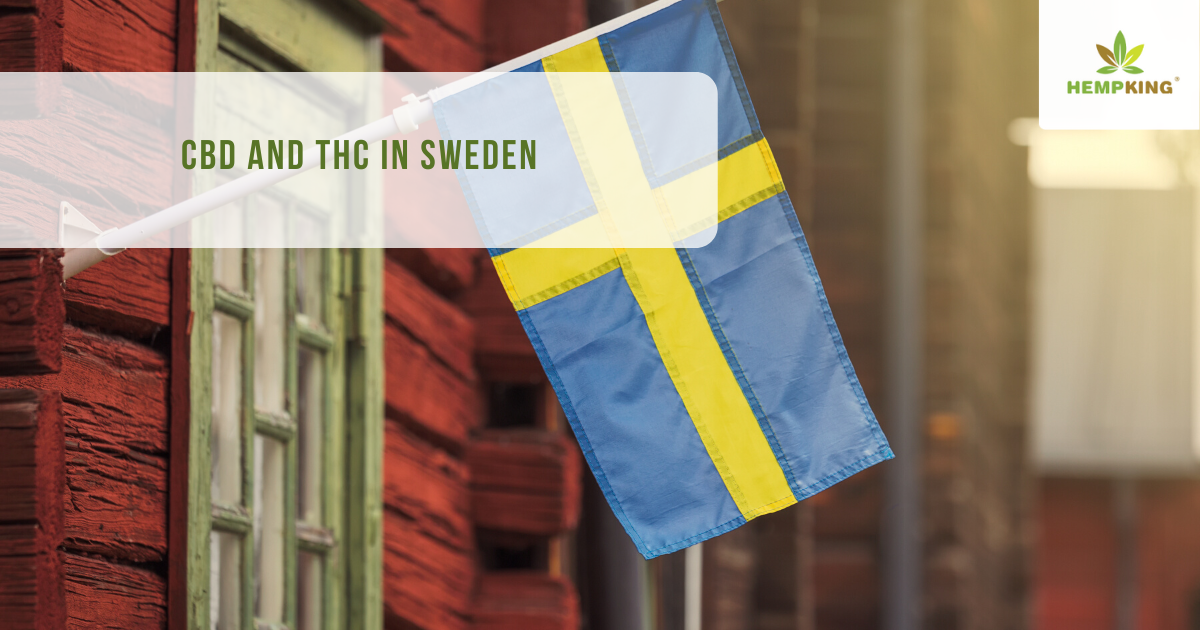
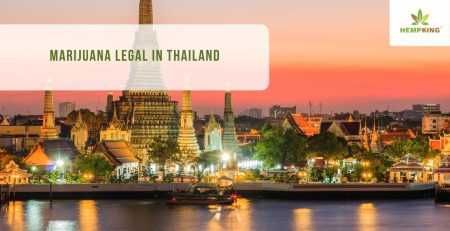
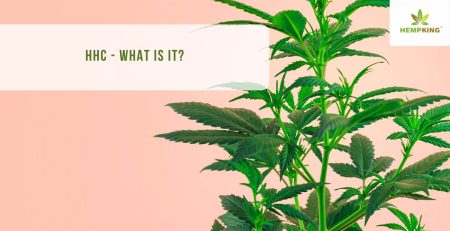
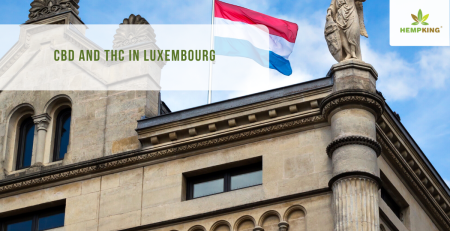
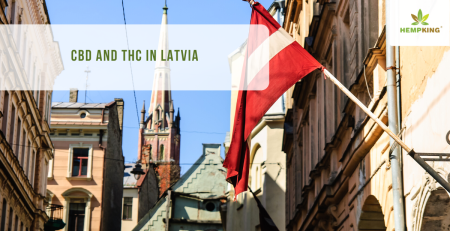

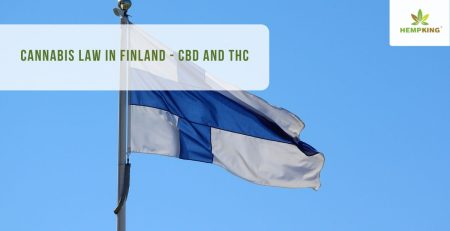
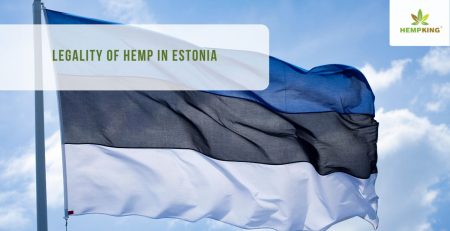
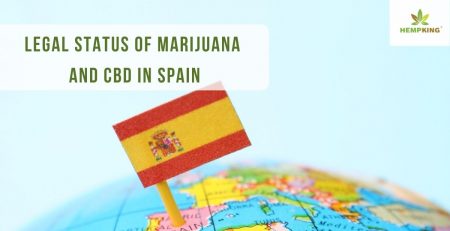
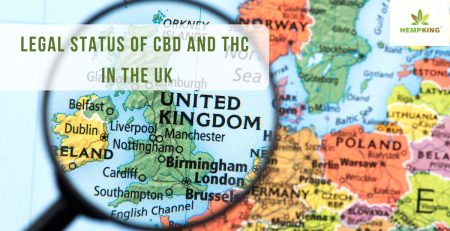
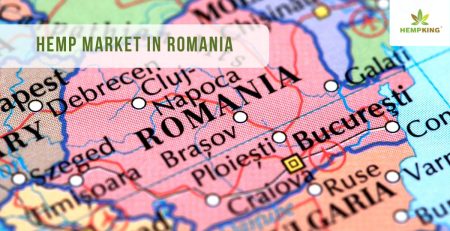
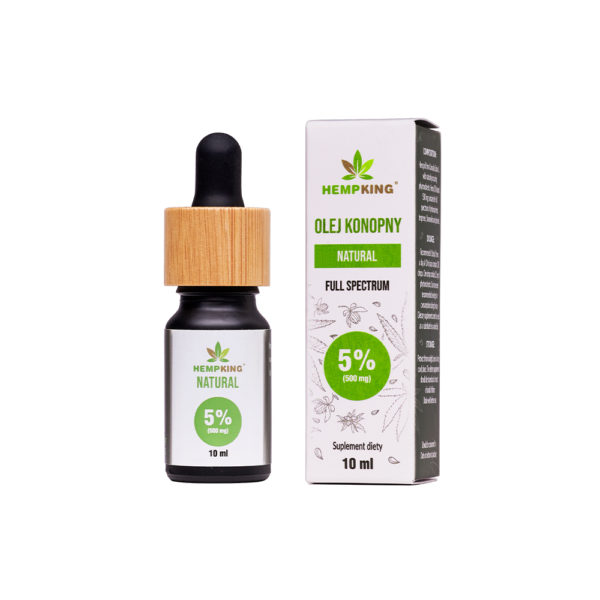
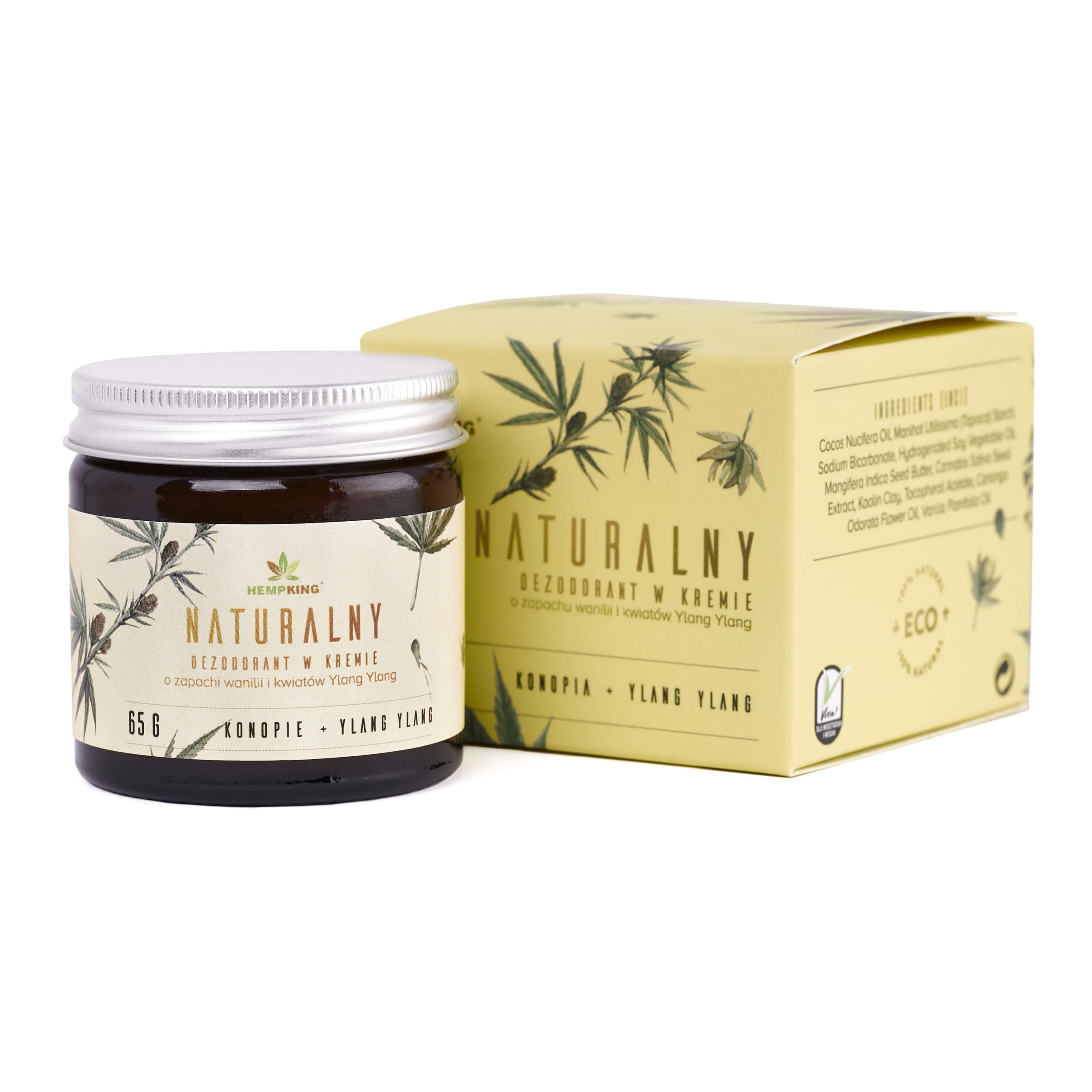
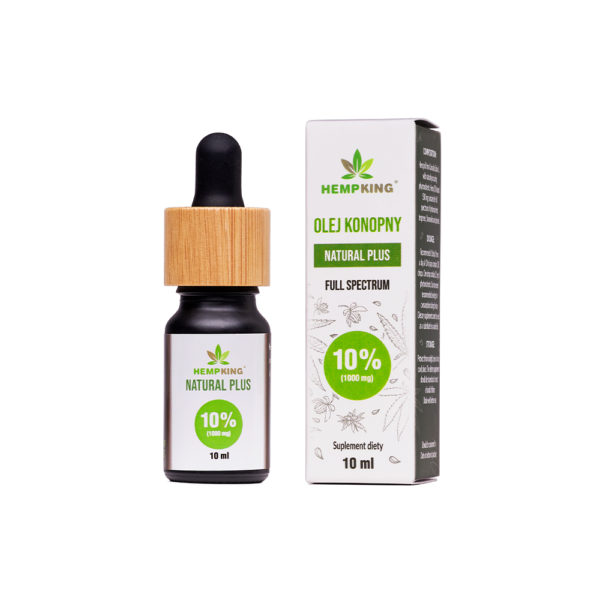
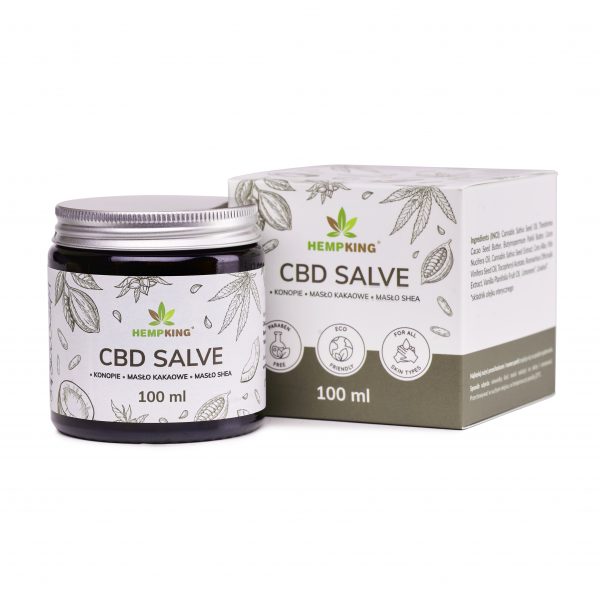
 Facebook
Facebook Instagram
Instagram

Leave a Reply